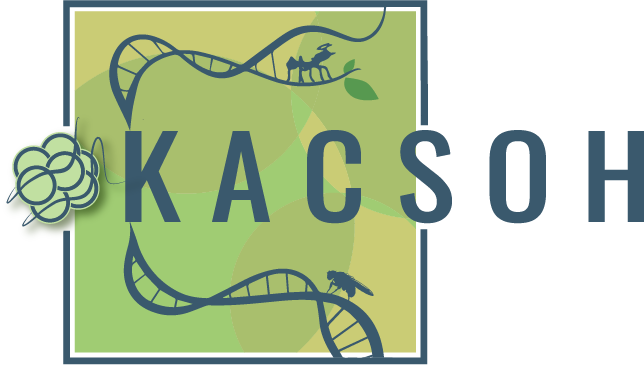Abstract
A major bottleneck to our understanding of the genetic and molecular foundation of life lies in the ability to assign function to a gene and, subsequently, a protein. Traditional molecular and genetic experiments can provide the most reliable forms of identification, but are generally low-throughput, making such discovery and assignment a daunting task. The bottleneck has led to an increasing role for computational approaches. The Critical Assessment of Functional Annotation (CAFA) effort seeks to measure the performance of computational methods. In CAFA3, we performed selected screens, including an effort focused on long-term memory. We used homology and previous CAFA predictions to identify 29 key Drosophila genes, which we tested via a long-term memory screen. We identify 11 novel genes that are involved in long-term memory formation and show a high level of connectivity with previously identified learning and memory genes. Our study provides first higher-order behavioral assay and organism screen used for CAFA assessments and revealed previously uncharacterized roles of multiple genes as possible regulators of neuronal plasticity at the boundary of information acquisition and memory formation.
paper link

